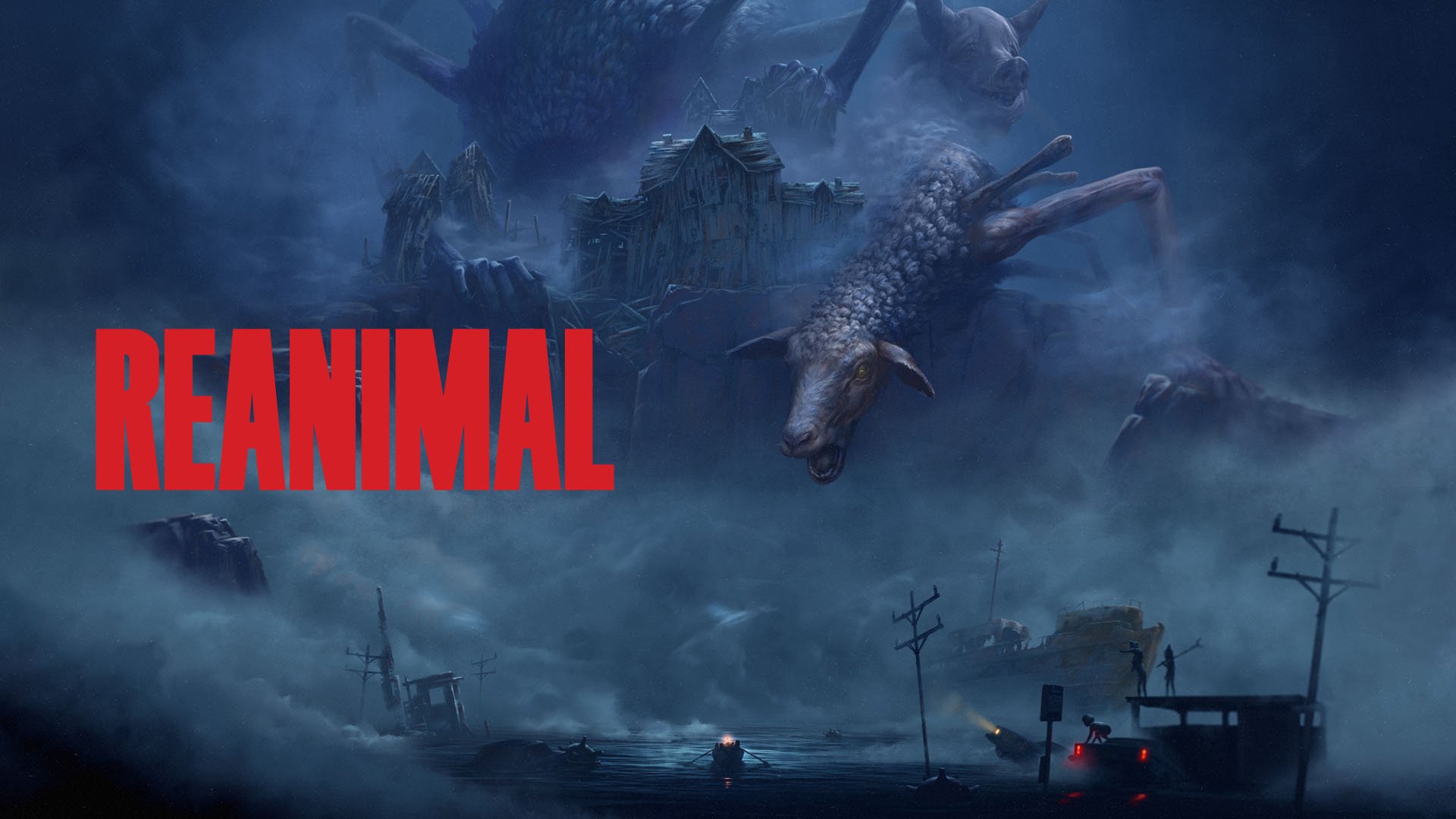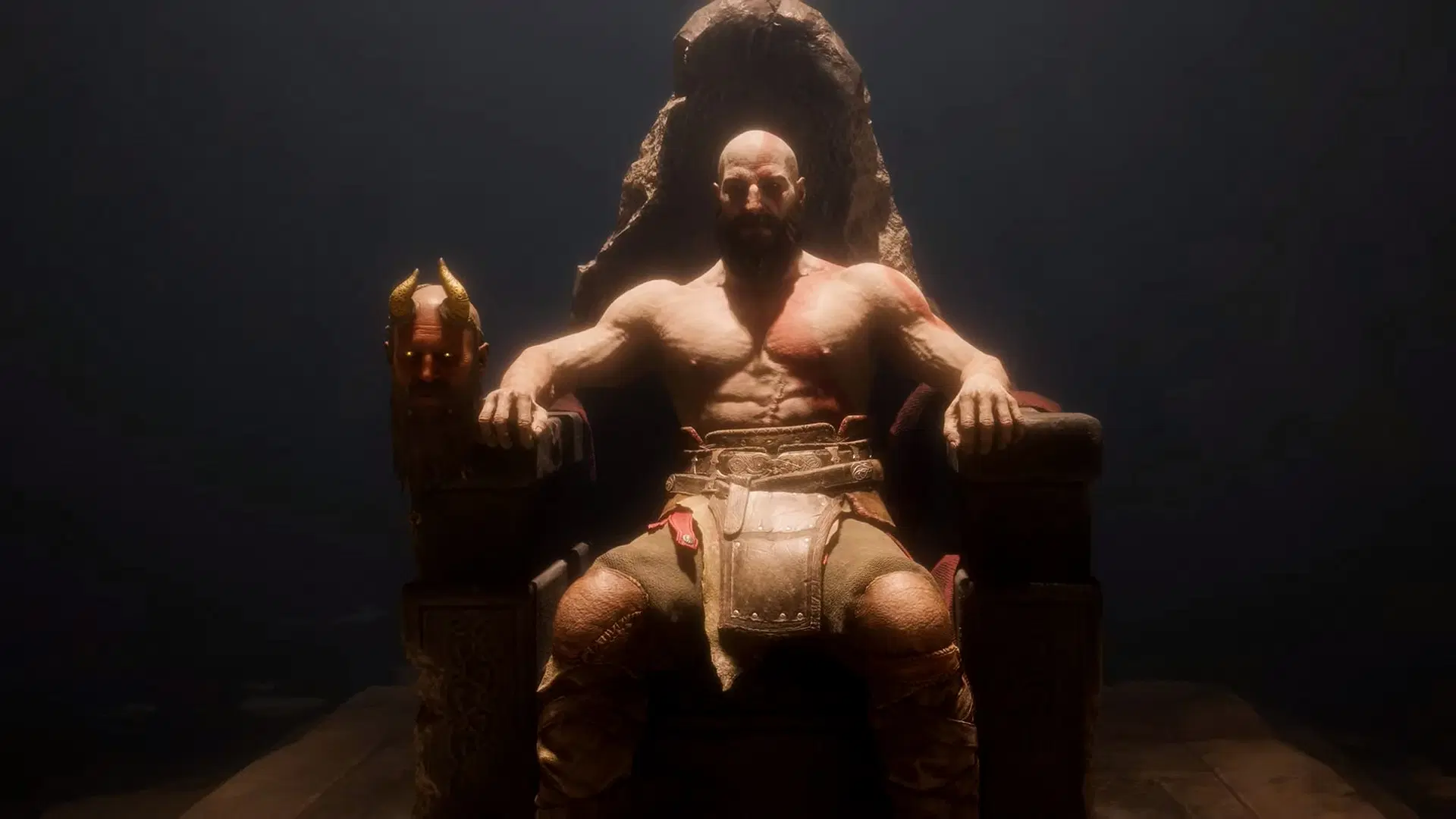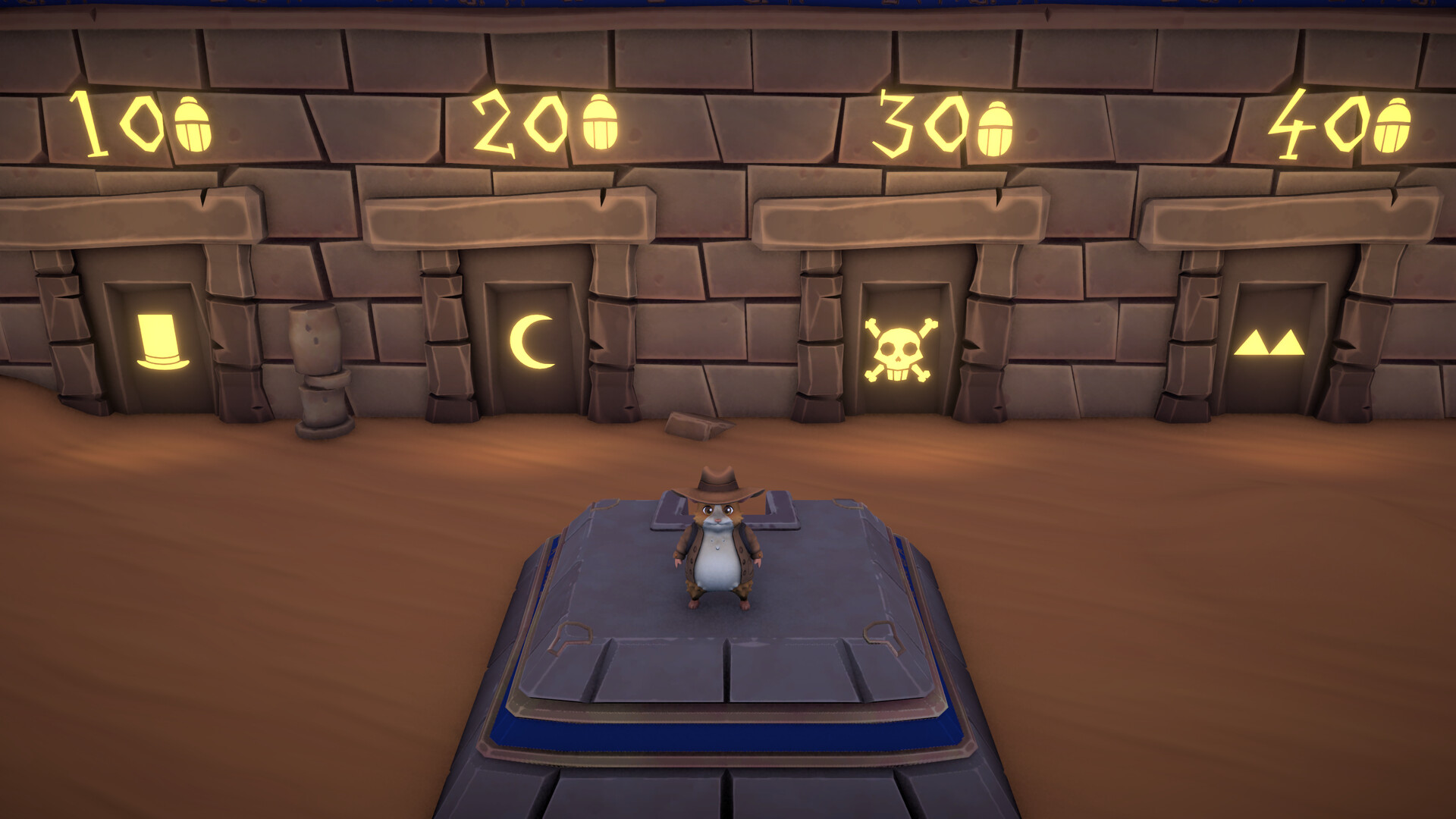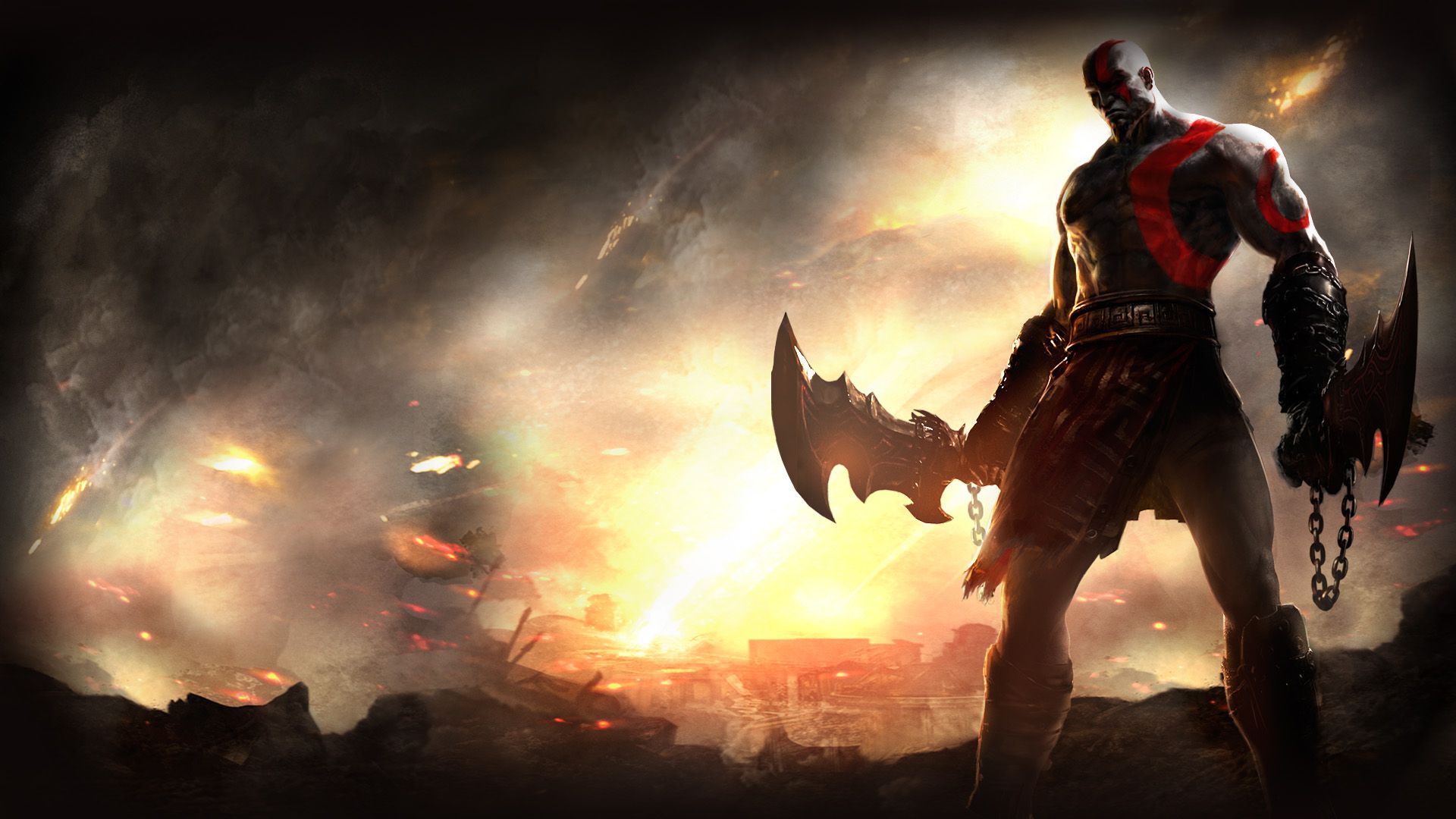Last Updated on Oct 27, 2025 @ 17:46:20 PM.
In an age where big companies seem intent on going the route of live service and multiplayer-only adventures, AA indie studios are paving the way for some truly incredible and hard-hitting single-player games (go no further than Clair Obscur: Expedition 33, for example), and Elyzio is well and truly following suit. We spoke to Dogan Can Yeginer about the upcoming Pera Coda, how it came to be, how Disco Elysium influenced it, and what we can expect from the innovative and experimental title.
Firstly, thank you so much for your time! For those unaware, would you be so kind as to say who you are and what you do?
I’m Dogan Can Yeginer, CEO and co-founder of Elyzio, and Executive Producer of Pera Coda. Before starting Elyzio, I worked at Google, where I focused on helping grow Türkiye’s gaming ecosystem, supporting everything from small indie teams to larger studios. Earlier, I founded a mobile game studio, spent some time in management consulting, and have an academic background in Economics and Business from Koç University, along with additional studies at Harvard University. Now, with Elyzio, we’re building both a game developer and a new kind of publisher, one that helps talented indie teams create high-quality games and original IPs with global potential.
We have to ask, what does ‘Pera Coda’ mean?
The name Pera Coda reflects both the soul of the game and the duality at its core. Pera comes from the old name for Beyoğlu, meaning “the opposite shore” — a historic district in Istanbul that once lay across the Golden Horn from the imperial center. It suggests distance, perspective, and the idea of crossing into the unknown. Coda, a musical term, marks the end of a composition, often emotional, sometimes unresolved. Together, Pera Coda evokes a journey across space and memory, toward closure or reckoning. It felt like the perfect title to capture both the setting and the emotional arc of the game.

And how does that reflect on the game itself? Is it just a name, a mechanic, a location, etc?
The name Pera Coda isn’t just stylistic; it’s woven into the game’s mechanics, narrative, and setting. The time-loop functions as a coda, pulling Deniz back to a pivotal moment and forcing players to navigate his emotional and psychological journey. Set in a reimagined Pera (the district in Istanbul), the district’s layered history mirrors Deniz’s fractured memories. Its winding streets, decaying grandeur, and surreal twists aren’t just scenery; they reflect his inner state. Pera becomes more than a place; it’s a character shaped by memory, loss, and meaning. Whether you’re exploring landmarks like Galata Tower or solving puzzles tied to forgotten histories, every step in Pera Coda echoes like a note in Deniz’s unfinished symphony.
“No combat, no grind, just exploration, dialogue, and choice.” – With this, how are you planning to keep players engaged and interested without the need to react to gameplay?
That’s very intentional. With Pera Coda, we wanted to build engagement through emotional depth, psychological exploration, and layered meaning rather than reflex-based gameplay. Instead of combat or grinding, we focus on deep narrative immersion, impactful choices, and environmental puzzle-solving. Each loop is designed to reveal new dimensions of the story, not just plot points, but emotional truths about the character. You are not progressing just to win; you are uncovering buried memories, resolving internal conflicts, and piecing together a fractured identity. That kind of progression creates its own form of tension and release.
The influence of Disco Elysium is clear to see, and considering the pedigree and success of the game, it’s a welcome one. How are you intending to take but not copy, and have Pera Coda stand on its own feet?
We have deep respect for Disco Elysium. It opened the door for more mature, psychologically rich storytelling in games, and that gave us the confidence to pursue Pera Coda, but we are not trying to replicate it. We are building something that stands on its own, with a very different soul. First, thematically. Where Disco Elysium is political and dense with dialogue, Pera Coda is more introspective and emotional. We are focusing more on a psychological drama, exploring self-discovery, trauma, guilt, and healing.
Second, in terms of mechanics and progression. The game’s loop structure creates a unique storytelling rhythm. Each loop reflects Deniz’s psychological journey, with progress tied to emotional breakthroughs rather than stats or levels. We rely more on environmental puzzles than on traditional RPG systems. The game also features fewer dialogues and places more emphasis on visual storytelling and atmosphere.
Lastly, the setting plays a big role. The game takes place in a surreal reimagining of Istanbul, specifically in a historic district shaped by the legacies of the Byzantine and Ottoman Empires. It is a place where East and West collide, filled with beauty, chaos, memory, and contradiction. In Pera Coda, the city becomes both a stage and a mirror for Deniz’s internal journey.
What exactly is the ‘masking mechanic’, and how does it work? If future loops are influenced by our actions in the current one, does that mean our actions have real meaning? Therefore, mistakes are compounded. Can they be rectified?
Yes, absolutely. One of the core ideas behind Pera Coda is that your actions carry emotional and narrative weight across loops. You are on a journey to self-discovery, so when you change something — an object, a memory, a decision — it alters how the next loop unfolds. That means your choices have real meaning. But we also believe in redemption.
Pera Coda is not a game about punishing the player; it’s a game about confronting the past and learning from it. Mistakes are part of the journey. Many puzzles, dialogues, or emotional breakthroughs only become accessible because you failed earlier. So even failure moves the story forward, sometimes in surprising and deeply human ways. We wanted players to feel that they’re not just solving external mysteries, but also untangling something within themselves. That only works if the game respects your actions, even the wrong ones.

TRON: Catalyst recently launched with its own looping mechanic, where you could travel back in time and affect the environment so each loop was different, with new paths unlocked or dialogue available – how is this different from what you’re aiming for with Pera Coda?
Unlike TRON: Catalyst, which uses looping for action-based path changes, Pera Coda is narrative-driven. The loop isn’t just about unlocking areas, it’s about inner transformation. Some characters remember past loops, creating a psychological tension between memory and forgetfulness. This focus on emotional consequence sets Pera Coda apart.
When can we expect to see or hear more about the game?
The game is still in the early stages of development, but we are a team that moves quickly and produces fast. Further, we plan to be very active on social media and in our community, regularly sharing new content, behind-the-scenes looks, and development progress. We want to build Pera Coda together with our audience, so we encourage everyone to follow along, share feedback, and be part of the journey as we reveal more over time.
How long is the game expected to be?
We’ll have a more concise answer for this in the upcoming weeks.
And will you be supporting it post-release with DLC? If so, fully fledged expansions, small missions, or just costume packs?
We would really love to expand the game after release, but we want to take things step by step. We are a small team, and we know we need to act carefully within our limited resources. Our first priority is to deliver a strong, meaningful core experience. If the community connects with it and wants more, our ambition is absolutely to continue building on that foundation with new content. We already have many ideas in mind, from side stories to deeper character arcs.
For now, it’s only available on Steam, but will you ever be trying to bring the point and click adventure to consoles?
Similar to our approach with post-release content, we want to take things step by step and start with PC. That’s where we can move fastest, test ideas, and build the experience with our community. At the same time, we absolutely want Pera Coda to be accessible to a wider audience. We are designing the game with future platforms in mind, and we would love to bring it to consoles and other platforms down the line if the opportunity and demand are there. Accessibility and reach are important to us, and we’re keeping that in mind as we build.

What is one misconception or idea that people have of what you do that couldn’t be further from the truth and ultimately, really annoys you?
One big misconception is that because some of us have backgrounds in well-known studios or iconic titles, people assume we have a large team and big resources behind Pera Coda. In reality, we are a very small team working under tight constraints. We’d love to do more and push every part of the game to the highest level, and we’re constantly looking for smart, creative solutions to make that happen. Pera Coda is definitely an ambitious project, but we’re building it with focus, passion, and a strong belief in deep, relentless, and often sleepless work, not big budgets. Everything we do is about creating an experience that truly earns the player’s time and money.
And you know we gaming journalists love an exclusive. What’s something you’ve not told anyone, been able to share until now, or otherwise simply not been asked that you want to reveal to us?
That’s a great question. While it’s not exactly an exclusive (bardo state inspiration has been mentioned in some pieces), there’s a layer of Pera Coda’s inspiration we haven’t really talked about much yet. The narrative is influenced by the concept of the Bardo state from Buddhism, a transitional phase between death and rebirth. We don’t portray it literally in the game, but it strongly inspired how we shaped Deniz’s purgatory-like experience. On the psychological side, we drew from existential psychology and Freud’s theory of “Repetition Compulsion”, the unconscious drive to re-enact unresolved trauma. This was a big influence on both the story and the game’s mechanics. The loop is not just a gameplay device; it mirrors Deniz’s emotional entrapment, something he can only escape by facing what he has long avoided.
For more Thumb Wars Gaming coverage, see why fans are happy about one feature in Death Stranding 2, or how The Alters reportedly used AI.
Luke Addison is the Founder and Editor-in-Chief of Thumb Wars. Having previously been a part of multiple outlets over the years, including building an entire gaming team from nothing to something, he thought it best to forge his own path and answer only to himself. As likely to be found playing the latest game as he is in the kitchen relaxing (by cooking), he always brings the same bold and brash attitude to everything he does, with a heavy leaning on sarcasm and dry wit!





